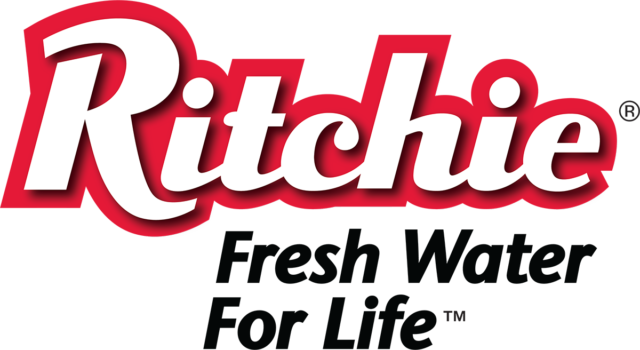One of the fastest-growing niche markets is “grass-fed” milk, attracting producers, consumers and premium prices. To ease consumer confusion, the American Grassfed Association is seeking to find unity in production standards.
The number of niche-market dairy and beef products are expanding, with individual companies making various label and marketing claims. One of the fastest-growing markets is “grass-fed” milk, attracting producers and consumers – and premium prices.
Although similar, organizations and companies establish their own unique set of production standards for grass-fed dairy and beef. Leading the charge are the American Grassfed Association (AGA), organic companies and regional organic certification associations, such as Pennsylvania Certified Organic and the New York-Northeast Organic Farming Association.
In all cases, grass-fed products are sourced from farmers feeding 100 percent forages (fresh and dried) with no grain supplementation. In virtually all cases, animal confinement, use of hormones, ionophores or antibiotics are prohibited.
From there, however, individual standards and label claims may diverge. According to the AGA, the rapid growth of the grass-fed dairy segment and the consequent proliferation of grass- and pasture-based marketing claims pose a challenge for dairy producers, retailers and consumers.
Earlier this year, the AGA convened a meeting to discuss mutual concerns about practices, standards, protection of legitimate claims and avoidance of consumer confusion about grass-based products.
The AGA’s tent is bigger and goes beyond organic. It is seeking to develop standards that bridge the gap between grass-fed and organic grass-fed products. After its creation in 2003, the AGA worked with the USDA for about six years before launching grass-fed standards and a certification program in 2009. It has its own label to identify certified grass-fed products.
The goals of the AGA meeting, held in March in Denver, Colorado, were to determine the potential for agreement on unified standards for grass-fed dairy products while protecting the integrity of product identities.
Participants included representatives from organic companies, third-party certification associations, producers, manufacturers, a major retailer and veterinarians.
Meeting discussions centered on topics including animal health and nutrition, transparency of practices and claims, holistic land and soil management, support and validation for producers, and building on the “certified organic” standard while providing a bridge with non-organic grass-fed claims.
Work continues
Work on the new standards will continue throughout the next few months, according to Marilyn Noble, AGA communications director. The working group is facilitated by Mark Lipson from the Center for Agroecology and Sustainable Food Systems at the University of California – Santa Cruz. Members are addressing issues of industry consensus and government-based options along with the pros and cons of different strategies.
“We feel this meeting was an important first step to develop a clear and definable industry standard that will encourage producers to develop grass-fed dairy programs and also to provide assurance to consumers when they see the term ‘grass-fed’ on a carton of milk or other dairy products,” said Don Davis, chair of the AGA’s standards and certification committee.
Organic Valley adding farmers
The grass-fed dairy market is small but growing. The largest organic cooperative in the U.S., Organic Valley, recently added 17 Northeast U.S. dairy farmers to increase production of its Grassmilk products, building its stable of farms to 81.
The newest additions are connected, with a new milk route winding from Canastota, New York, to Gillet, Pennsylvania. The milk is processed and packaged by Mountainside Farms in Roxbury, New York.
Organic Valley trademarked the Grassmilk term in 2011 and began producing Organic Valley Grassmilk milk in northern California’s Humboldt County in 2012. Production was expanded to Wisconsin in 2013, with distribution going national.
Organic Valley Grassmilk Yogurt was launched in 2015. According to the cooperative, the grass-fed yogurt category is experiencing 82 percent dollar growth, more than three times the growth of yogurt without the grass-fed claim.
While the conventional dairy market is seeing prices decline, Organic Valley’s website lists regional, 12-month 2016 base prices for milk sourced from grass-fed farms ranging from $36.30 per hundredweight in the Midwest to $40.80 per hundredweight in New England. PD

-
Dave Natzke
- Editor
- Progressive Dairyman
- Email Dave Natzke




